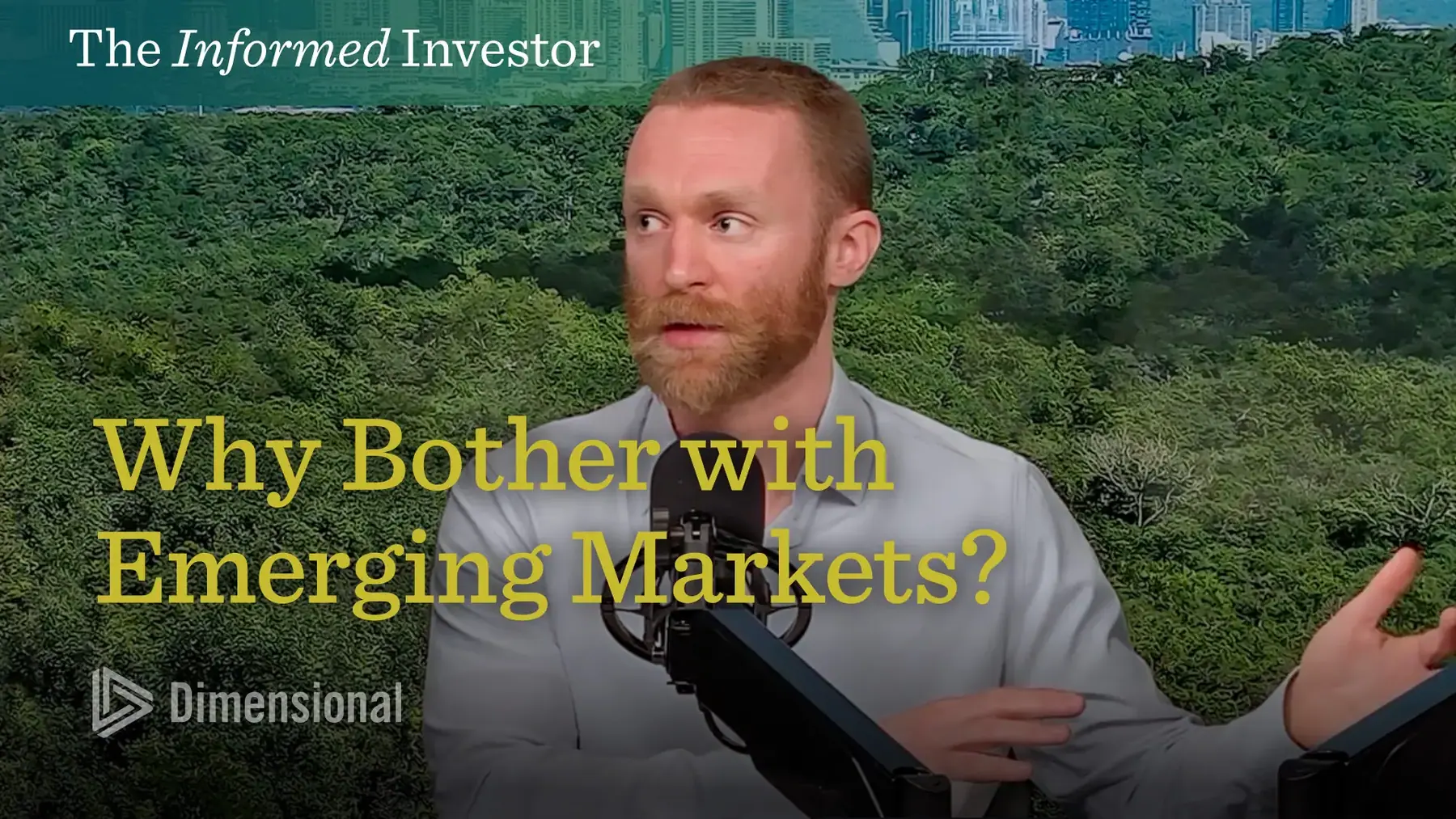The Power of Prices—Equilibrium
In markets, prices reflect all known info—like point spreads in sports betting. Beating the market is tough because prices already handicap expectations.



An important function of competitive markets is driving prices to equilibrium. This refers to a state where market prices balance the demand from both buyers and sellers. Every trader who thinks the price of a security is high is offset by one who thinks the price is low. So, they agree to transact, voluntarily, at the current price. If there is insufficient interest in buying, the price must fall until a new equilibrium is reached.
If this sounds too abstract, sports betting markets may be a useful parallel. When an undefeated team squares off against a winless team, few expect the latter to emerge victorious. The only way to induce gamblers to bet on the weaker squad is to lower the “price.” This is accomplished by a point spread indicating essentially how much the underdog can lose by and still be considered a winner for betting purposes.
The largest point spread in NFL history came in 2013 when the Denver Broncos played the Jacksonville Jaguars. The gulf in quality between the teams was so great that nobody would bet on the moribund Jaguars until you spotted them 28 free points. Anything short of that and the supply would exceed the demand for the Jaguars.
In case you’re wondering, the Broncos won that 2013 contest by “only” 16 points. So, the winning bet was the Jaguars. An underdog winning against the spread is far from an aberration—historically, they do about half the time.1 And that’s the key takeaway from market equilibrium. Winning against the market becomes a coin flip because the quality of assets has already been handicapped in the prices. In other words, knowing a good company from a bad one won’t help you pick better stocks than the market. You’ve got to have more insight into those companies than other investors, and that’s a tall order in competitive markets.
EXHIBIT 1

Footnotes
1. Steven D. Levitt, “Why Are Gambling Markets Organised So Differently from Financial Markets?” The Economic Journal, 114, (April 2004): 223–46.
Disclosures
The information in this material is intended for the recipient’s background information and use only. It is provided in good faith and without any warranty or representation as to accuracy or completeness. Information and opinions presented in this material have been obtained or derived from sources believed by Dimensional to be reliable, and Dimensional has reasonable grounds to believe that all factual information herein is true as at the date of this material. It does not constitute investment advice, a recommendation, or an offer of any services or products for sale and is not intended to provide a sufficient basis on which to make an investment decision. Before acting on any information in this document, you should consider whether it is appropriate for your particular circumstances and, if appropriate, seek professional advice. It is the responsibility of any persons wishing to make a purchase to inform themselves of and observe all applicable laws and regulations. Unauthorized reproduction or transmission of this material is strictly prohibited. Dimensional accepts no responsibility for loss arising from the use of the information contained herein.
This material is not directed at any person in any jurisdiction where the availability of this material is prohibited or would subject Dimensional or its products or services to any registration, licensing, or other such legal requirements within the jurisdiction.
“Dimensional” refers to the Dimensional separate but affiliated entities generally, rather than to one particular entity. These entities are Dimensional Fund Advisors LP, Dimensional Fund Advisors Ltd., Dimensional Ireland Limited, DFA Australia Limited, Dimensional Fund Advisors Canada ULC, Dimensional Fund Advisors Pte. Ltd., Dimensional Japan Ltd., and Dimensional Hong Kong Limited. Dimensional Hong Kong Limited is licensed by the Securities and Futures Commission to conduct Type 1 (dealing in securities) regulated activities only and does not provide asset management services.
RISKS
Investments involve risks. The investment return and principal value of an investment may fluctuate so that an investor’s shares, when redeemed, may be worth more or less than their original value. Past performance is not a guarantee of future results. There is no guarantee strategies will be successful.
CANADA
These materials have been prepared by Dimensional Fund Advisors Canada ULC. The other Dimensional entities referenced herein are not registered resident investment fund managers or portfolio managers in Canada.
This material is not intended for Quebec residents.
Commissions, trailing commissions, management fees, and expenses all may be associated with mutual fund investments. Please read the prospectus before investing. Unless otherwise noted, any indicated total rates of return reflect the historical annual compounded total returns, including changes in share or unit value and reinvestment of all dividends or other distributions, and do not take into account sales, redemption, distribution, or optional charges or income taxes payable by any security holder that would have reduced returns. Mutual funds are not guaranteed, their values change frequently, and past performance may not be repeated.















